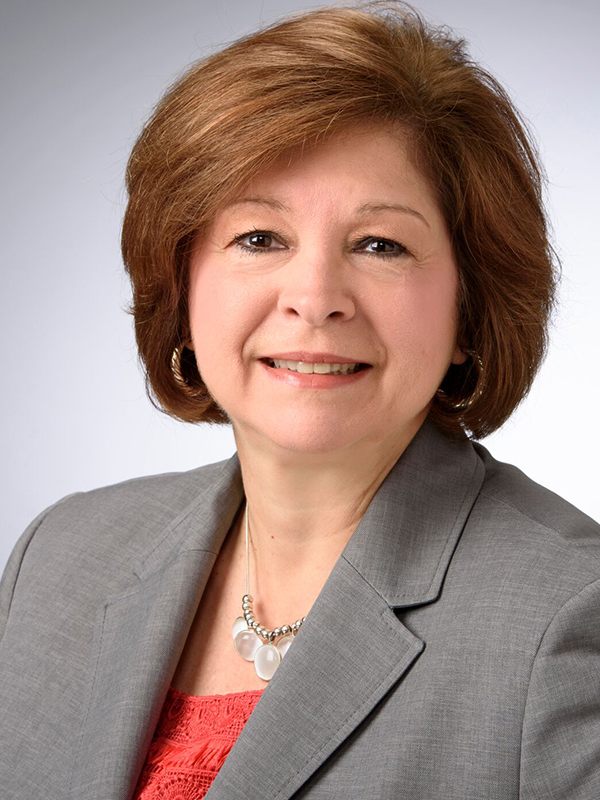CT Small Business Development Center adapts new approach to assistance
These are understandably busy times for the Connecticut Small Business Development Center ”“ so much so, it”™s changing how it works to better meet small business”™ needs.

“In the past we”™ve covered the state according to geographic areas,” CTSBDC State Director Joe Ercolano told the Business Journal. “Our advisers would do multiple towns within those areas.
“But our advisers started thinking it made more sense to address our clients”™ needs by area of expertise instead,” he said. “Subject matter, instead of geographic location, will be more helpful to our clients.”
As a result, the CTSBDC has established four focus areas guided by a team leader. According to the organization, the four collectively have advised over 4,000 clients and assisted with capital raises of more than $70 million, while building off a knowledge base acquired over an average 25 years.

The capital access team, led by Joe Williams, assists clients with financial analysis, debt and equity funding, lending from the U.S. Small Business Administration (SBA), nonprofit and microlending, and loan document preparation. The Customer Acquisition Team, headed by Denise Whitford, provides counseling in the areas that support the expansion of a client”™s customer base and revenue stream including market research, marketing strategies, digital marketing, SEO, e-commerce, international trade/export, and government contracting.
The operations team, led by Christine Sullivan, offers advising on topics including business planning, strategic planning, growth strategy, business model development, intellectual property, operations and process, and cybersecurity, while the pre-venture team, led by Mary Kay Della

Camera, works with entrepreneurs looking to start a new business or create an additional business entity.
Having expanded from 13 to 20 statewide advisers this year, the CTSBDC has seen the number of businesses looking for assistance double, Ercolano said, with the result that its 20 business advisers have worked with over 4,700 clients year-to-date.
And, as would be expected, the organization has had to pivot from the in-person visits it has specialized in for 40 years to more of a virtual approach.
“Face-to-face has always been a hallmark of SBDC and the community,” Ercolano said. “And we don”™t think anything will ever really replace meeting face-to-face. We”™re all still anxious to meet with our clients in person when we can.

“We weren”™t deemed ”˜essential”™” at the start of the pandemic, he continued, “but we”™d be working from home no matter what. And no client had an issue with, ”˜I need to see you face-to-face.”™ The phone or Skype or WebX meetings, whatever, have worked really well, for us and for our clients.”
Indeed, “We”™re trying to be a little bit more virtual in our use of technology,” Ercolano said. “We need to be more up on how people prefer to communicate. We recognize that, especially now, time is really scarce for small businesses. They always have to fit us in with actually doing business, whether it”™s ordering something, doing payroll, or just managing the day-to-day.”

As a result, SBDC has held somewhere between 70 and 80 webinars since March ”“ “We did four or five last year,” Ercolano said ”“ with eight dedicated to the Paycheck Protection Program (PPP) alone.
“Most of our clients stay on for the entire webinar,” he noted, “and if they have questions that we can”™t get to during the event, we follow up as soon as possible afterward.”
As with all of its services, the webinars, follow-ups and meetings are free, Ercolano said. The CTSBDC is funded in part through a cooperative agreement with the SBA, the Connecticut Department of Economic and Community Development, and the University of Connecticut.
Having helped businesses navigate the ins and outs of PPP, the SBA”™s Emergency Injury Disaster Loans, and the latest round of the Connecticut CARES Small Business Grant Program, among others, the CTSBDC is ”“ like a lot of people ”“ remaining hopeful that another federal stimulus package will pass Congress sooner rather than later.
If and when that finally does arrive, Ercolano said his organization is prepared.
“March and April were a really busy time,” he said. “We saw a big drop off in June (when the number of Covid cases declined sharply) ”“ our numbers over the summer looked like they did last summer.
“But in late October, our numbers started going up again,” Ercolano said. “We”™ll probably do three times the business this November than what we do in a typical November.”
The challenge now for many small businesses, especially in the restaurant sector, “is what they can do to sustain themselves until the spring, and/or when a vaccine is widely available,” he said. “But business owners are very resourceful ”“ and so are we.”